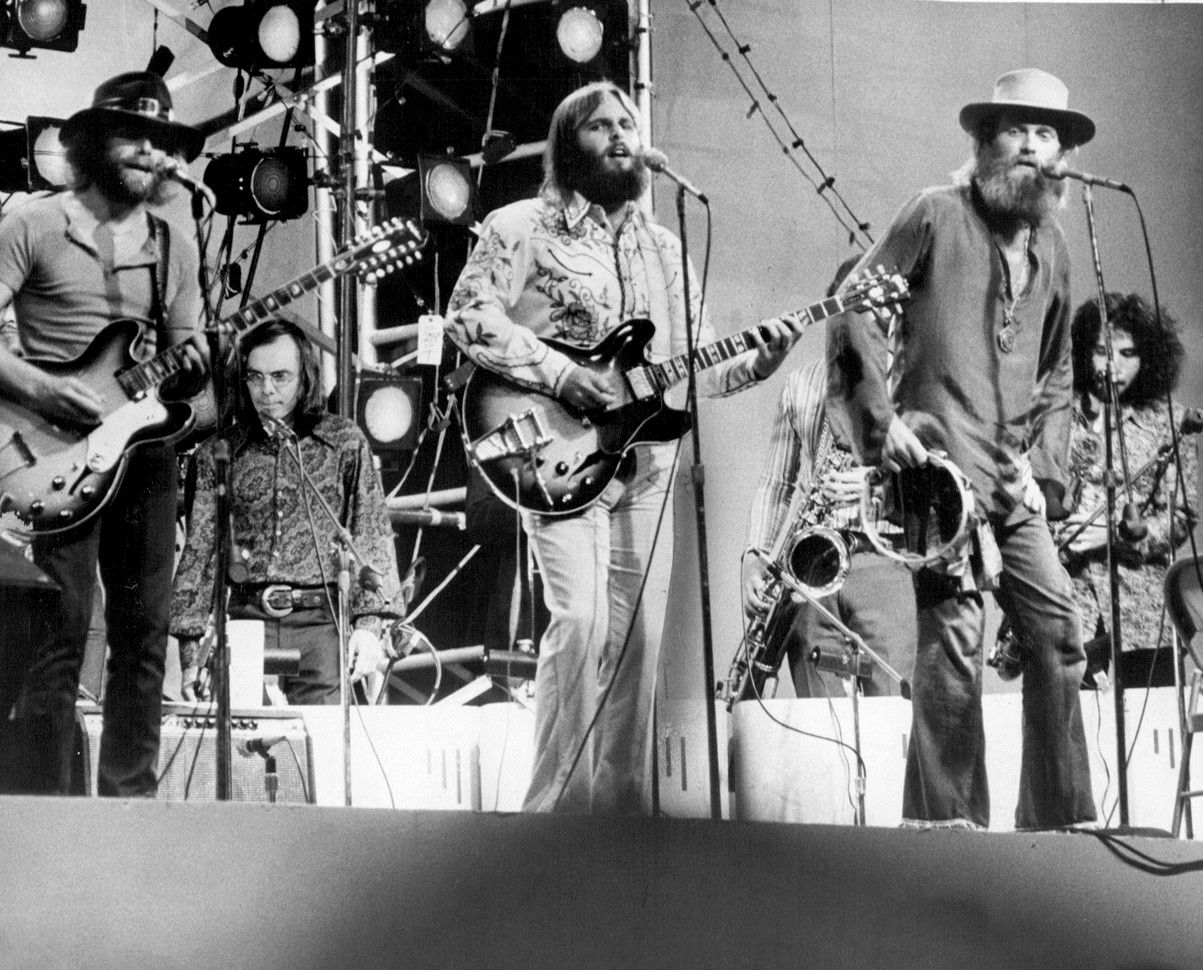Ten Basic George Harrison Melodies
Everything expounded on George Harrison's commitment to The Beatles has been notarised and broke down to death (super guitar play, otherworldly searcher, cynical and crotchety interviewee, undervalued songwriting virtuoso and so on). In any case, where John Lennon and Paul McCartney gave their absolute best to The Beatles (neither had the constancy to keep composing at the level of splendor they conveyed to the fab four), Harrison ended up in the position where he could substantiate himself as a lyricist in his own particular right. Discharging eight collections through the span of his profession, Harrison composed an accumulation of wonderful melodies that unquestionably matched (frequently bettered) the best of the performance Lennon-McCartney material. Here are ten of his finest:
My Sweet Lord (All Things Must Pass, 1970): Perhaps the best melody at any point expounded on God, 'My Sweet Lord' gave Harrison the primary no.1 hit any Beatle appreciated in their performance professions. A glossy, shimery acoustic gem (Harrison, Eric Clapton and individuals from Badfinger all give their hand at playing acoustics), vocally bolstered by "the George O'Hara-Smith Singers" (shock, amaze, Harrison himself overdubbed) and a gentile guitar solo Noel Gallagher later squeezed for 'Supersonic', this demonstrated Harrison's most popular and persisting work, to some degree polluted by a court situation where Harrison was found to intuitively acquire from The Chiffon's 'He's So Fine' ( this was to a limited extent affected by Allen Klein, the Beatles past chief!). All things considered, as religious anthems go, no one has bettered this melody for genuineness or melodic magnificence.
What Is Life (All Things Must Pass, 1970): Beautifully delivered by Phil Spector (maybe the last single he created with his Wall of Sound impact still at its apex), this influencing, booming pop tune got itself pleasantly in Martin Scorsese's "Goodfellas" (1990) (Scorsese later coordinated a beneficial narrative about Harrison, entitled 'Living In The Material World'). A Motown intertwined exemplary, the tune was a raving success in the U.S., however strangely it was consigned to the flipside of 'My Sweet Lord' in the U.K! Increased by Harrison's capturing opening riff, this is the best melody from Harrison's presentation.
Isn't It A Pity Version One (All Things Must Pass, 1970): One of the melodies The Beatles stupidly dismissed, this was Harrison's 'Hello Jude' pantheon, a sad take a gander at life sung over a shining presentation of piano harmonies, arranged guitar lines and stunning gospel blasting, "Pity" would be everlastingly championed by Eric Clapton as one of Harrison's ideal. Clapton himself played the melody at 'The Concert For George' in 2002-there wasn't a dry eye in the house!
Give Me Love (Give Me Peace On Earth)(Living In The Material World, 1973): This is Harrison's best solo melody and adversaries "Something" as the best tune he at any point composed. Capably bolstered by Ringo Starr on drums, this is a flawless bit of pop pleasure, Harrison at his zenith as lyricist. There is a quietude and helplessness here from Harrison, a sensitive slide guitar line (practically Hawain in its sound) made this present Harrison's second U.S. no.1.
This Guitar (Can't Keep From Crying) (Extra Texture,1975): A spin-off of sorts to Harrison's White Album perfect work of art, and it wasn't Harrison's instrument alone that cried. If at any point a photo could be painted of Harrison in 1976, this was it, a time of vulnerability for him following an unacceptable 1974 voyage through America and the breakdown of his marriage to Patti Boyd. Here he sets his psyche out, discrediting the veneral jeer of faultfinders ("can even climb Rolling Stone dividers") to the condition of his segregated personality ("wound up exposed"). Soaked in Dylan's impact, "Guitar" is an inebriating profound cut.
Crackerbox Palace (Thirty Three and a Third, 1976): Harrison, a long lasting Monty Python fan and vocal supporter of comic drama, conveyed this short bit of flippancy, finish with bon witticisms a la "while developing up,trying to/not knowing where to begin". With a music video coordinated by genuine mate Eric Idle (Python companions John Cleese and Neil Innes include), Harrison's tirades in schoolboy uniform and bon viveur in his chateau, Friar Park, is a cut of Goon sought splendor.
Dream Away (Time Bandits Soundtrack, 1981): Recorded just hours after John Lennon's demise, this is a tune driven by feeling and drive, all sung in the good humored tall tale frviolity of Terry Gilliam's first magnum opus 'Time Bandits' (1981). Opening with a nonsenical babylon of jibber jabber, finishing with superlative slide playing, this is one of the wackiest bits of air pocket gum fly of the eighties, furnished with verses of "dull in folklore" and "going through history".
This is Love (Cloud Nine, 1988): Armed with Jeff Lynne as co-author, George Harrison's arrival to the standard following a half decade vacation conveys a Beatlesque quality to the procedures, yet with verses no one but Harrison could compose. "Since our issues have been our own creation/They likewise can be conquered" he sings, more serenade than aphorism "When we utilize the power gave allowed to everybody." Perhaps Harrison's most Beatlite tune (either this, or the offhanded 'When We Was Fab'), its been a radio-backbone since the late eighties.
Cheer Down (Lethal Weapon 2, 1989): Although Harrison's rockers were rare, this 'Deadly Weapon 2' nearer demonstrated stadium shaking came as normally to him as Godly serenades did. Teaming up with Tom Petty, its title originated from Harrison's significant other Olivia, a maxim she would articulate if fervor at any point showed signs of improvement of him. Additionally Traveling Wilbury Jeff Lynne offers roused be-bop harmonies, and Harrison's guitar picking reviews his initial Beatle days.